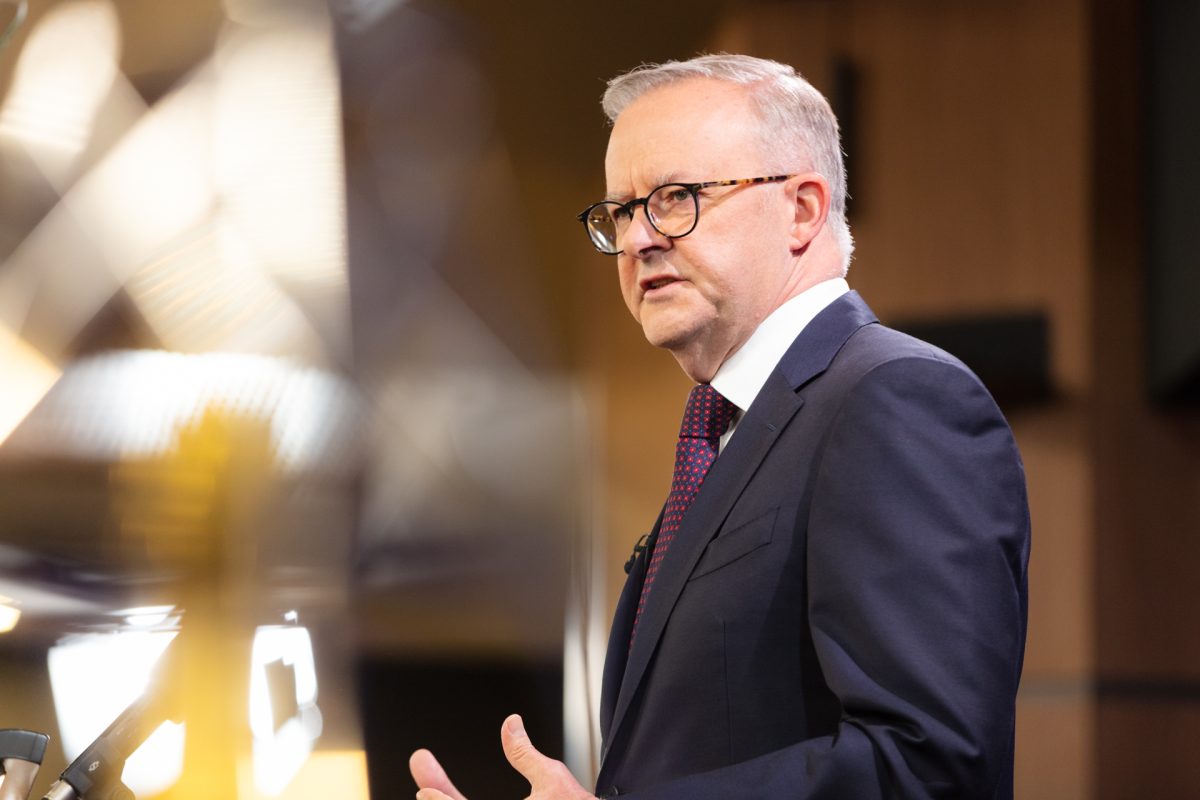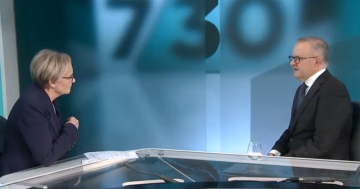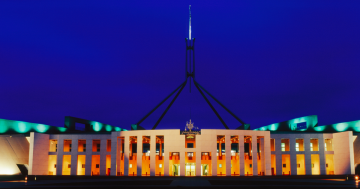
Prime Minister Anthony Albanese is under pressure over the cost of living. Photo: Michelle Kroll (file pic)
Cost-of-living pressures are consuming the Federal Government, which is under huge pressure over soaring prices of just about everything.
High energy costs and rising interest rates have put the government on the back foot as it scrambles to be seen to be taking action ahead of an upcoming crucial byelection and the May budget.
But Labor wants to deliver some form of cost-of-living relief before the budget.
More energy rebates are being considered, but the government is floundering over what action it can take without handing out cash.
Groceries are one focus, with demands on the government to do something about suspected supermarket price gouging.
During a media conference on Tuesday (16 January), Anthony Albanese said his government was looking at all possible measures and was consulting extensively with the departments of Treasury and Finance.
“We’ve said that we’ll always look at more measures to assist households, and that is precisely what we did last year; it’s what we’ll do this year,” the Prime Minister said.
“I’ve asked for Treasury and Finance to give ongoing advice. We did that in the lead-up to the mid-year economic forecast that we released in December. That work is ongoing to get that advice about ways in which we can provide support for people whilst putting downward pressure on inflation.
“Now, the good news this month is the inflation figures year to year on a monthly basis are down from 4.9 to 4.3. That shows it’s heading in the right direction.
“There’s more to do. Our main fight is against inflation. We are fighting for things to be cheaper in stores. Peter Dutton is fighting over what goes into stores in a culture war.”
The Opposition Leader had called for a boycott of Woolworths because it wasn’t selling Australia Day paraphernalia this year.
But the Prime Minister said the Opposition Leader had his priorities wrong.
“Woolworths alone employs some 200,000 Australians. Peter Dutton needs to explain to those 200,000 Australians why they shouldn’t continue to be employed,” Mr Albanese said.
“Because if no one goes into their stores, if there’s a boycott by all shoppers, then the company stops trading and people lose their jobs.
“Our priority is serious. Our priority is not thought bubbles and just negative politics like Peter Dutton is constantly engaged in.
“Our priority is providing assistance for people and making sure as well that people can get their goods for the cheapest possible price.”
The PM promised further announcements about grocery prices over the coming days.
Former Labor minister Craig Emerson is currently reviewing the food and grocery code, and the Australian Competition and Consumer Commission is also examining the sector.
“The ACCC are having an ongoing look at it, and the head of the ACCC, the chairwoman, Gina Cass-Gottlieb, is carefully looking at potential litigation and is saying in a very clear warning that that’s an option that’s open to the ACCC,” Mr Albanese told ABC radio.
“What we’ve said is that we will do whatever is necessary, including looking at changing the voluntary code of conduct, looking at mandating, in order to provide that support for people.
“We want to make sure that people are paying the lowest possible prices when they get to a checkout, that’s our priority, along with other measures to assist people.
“And I’ve said very clearly we’ll look at ways to take pressure off cost-of-living whilst not putting pressure on inflation.”
Stage three personal income tax cuts, amounting to $20 billion a year, still look like they’re going ahead for people earning more than $45,000 a year. That’s despite being criticised by some as tax relief for high-income earners.
The PM has defended the cuts as important.
The Coalition, which introduced the measure and timeline while Scott Morrison was prime minister, says Labor must be more direct about introducing the stage three tax cuts.
Shadow treasurer Angus Taylor suggested the Prime Minister’s language around the cuts appeared to be equivocating.
“He needs to keep it very simple. He needs to unambiguously commit to the stage three tax cuts as promised and as legislated,” Mr Taylor told Sky.
“That’s what he needs to do. And he’s refused to do that. And as I say, we know the Treasurer at the same time has been getting advice on alternatives.
“Australians need this tax break, but Labor loves increasing taxes.”





















